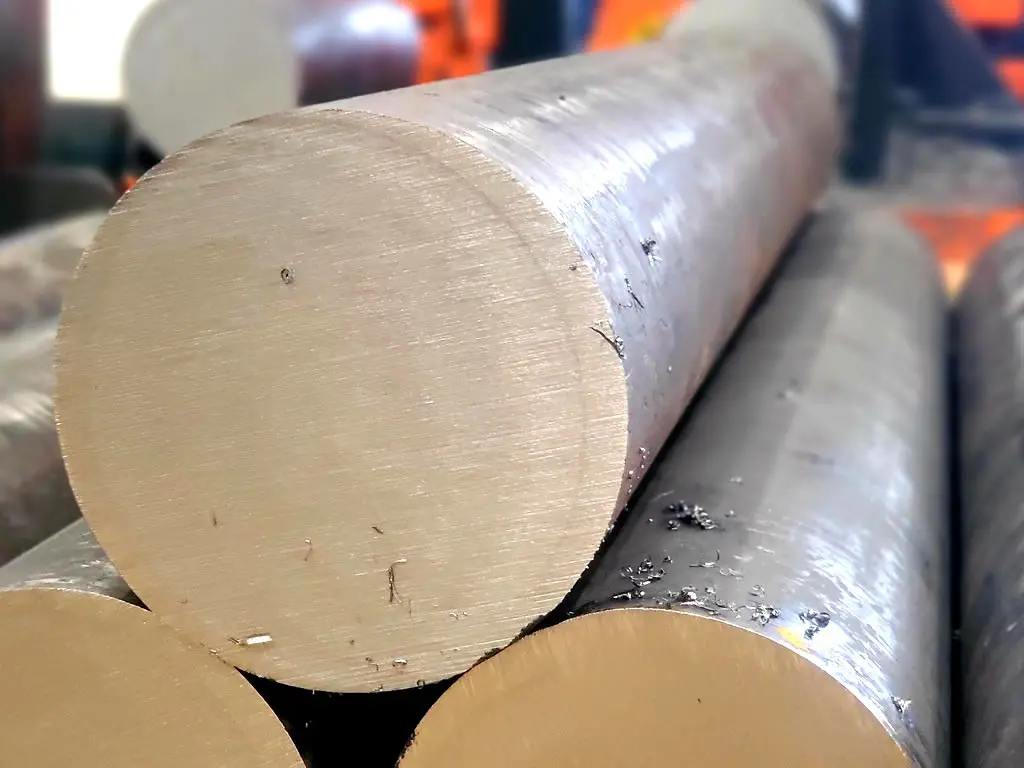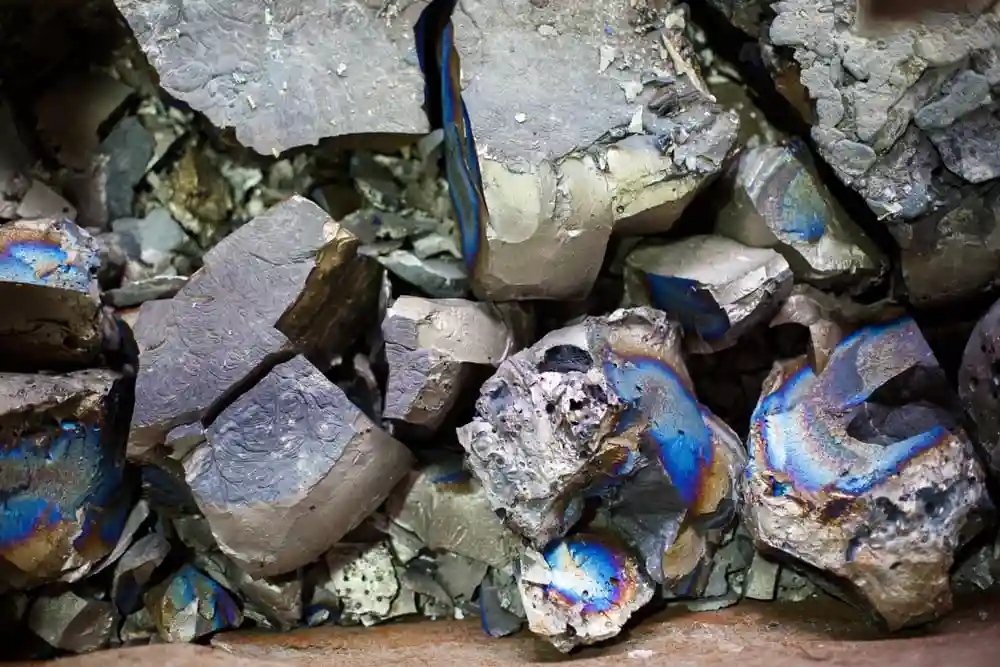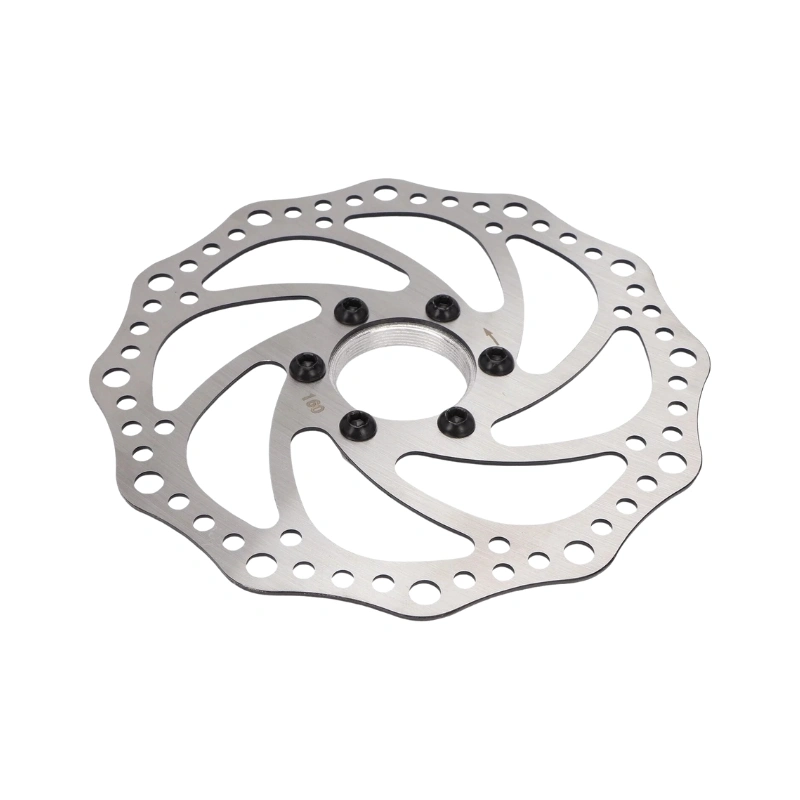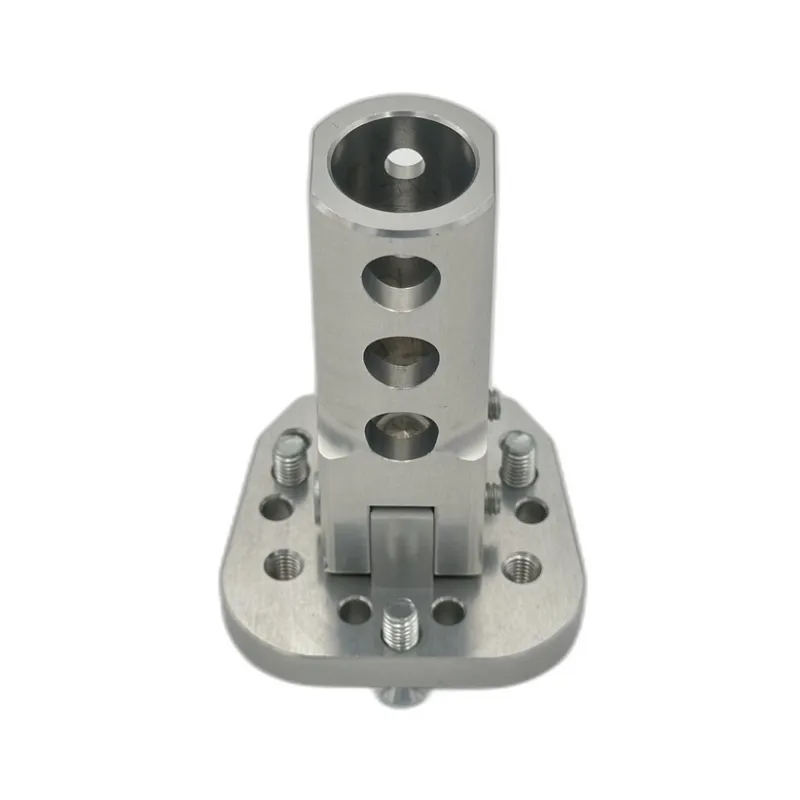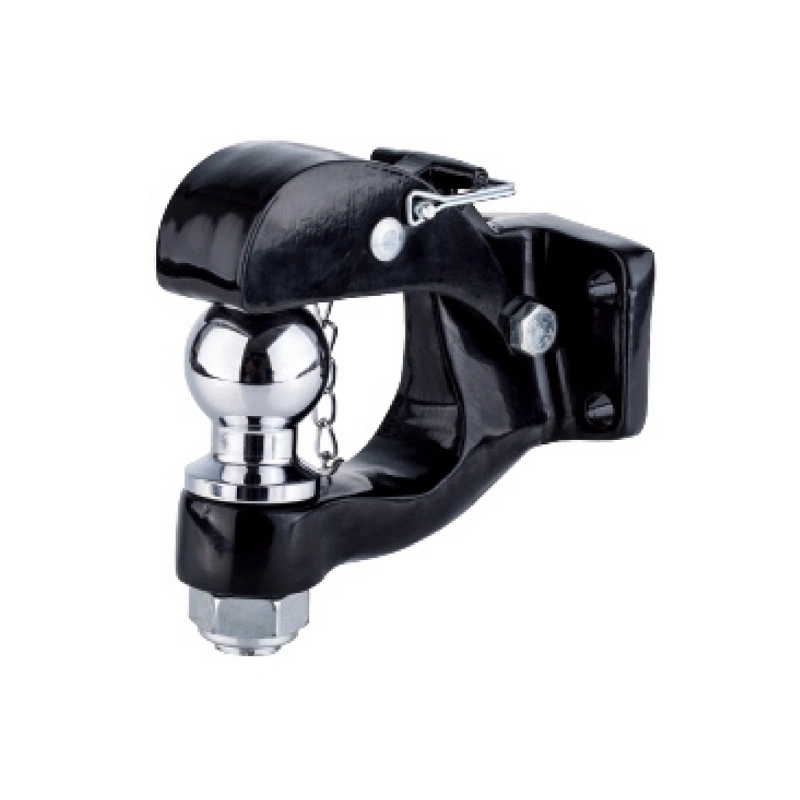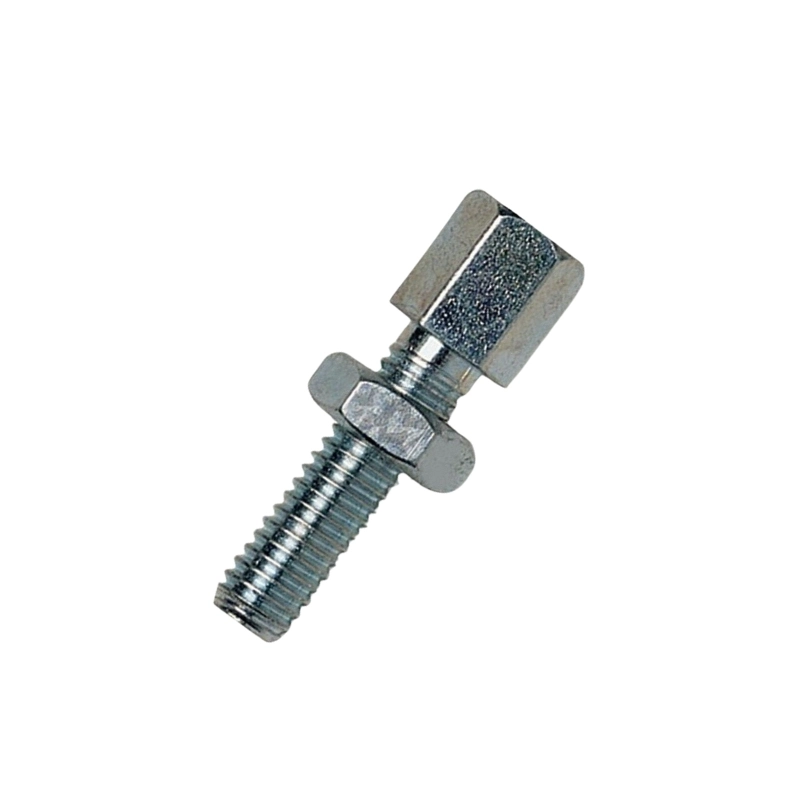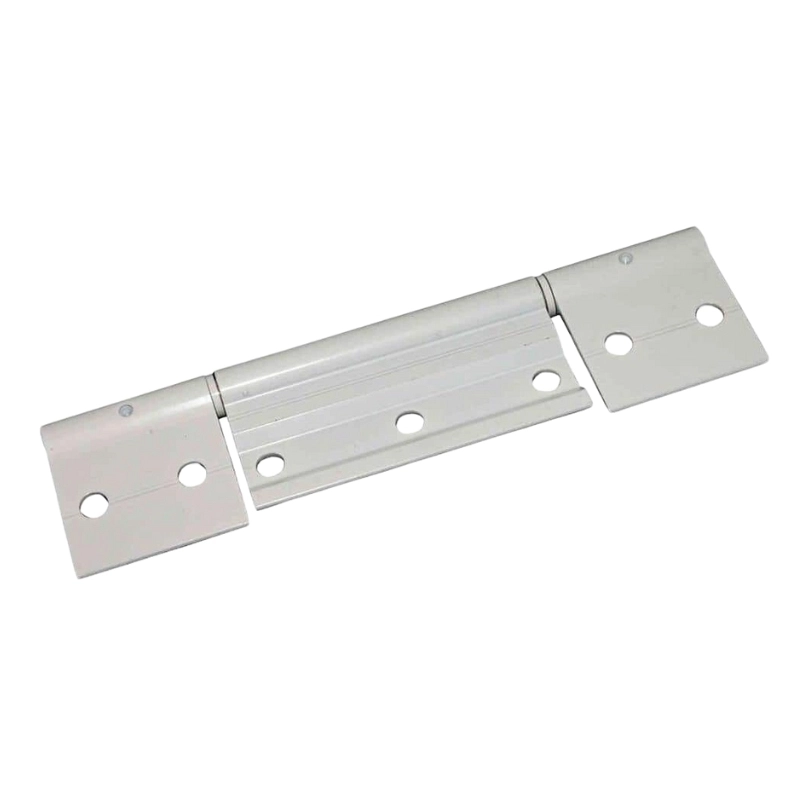Nickel alloy is part of the alloy group that’s considered more common, typically used in more applications. This blog will be all about understanding nickel alloys more, from their properties and use to how they can reshape manufacturing in the future, starting this 2025.
Sit back, relax, and make sure that you don’t miss any information about nickel alloys out!
What are Nickel Alloys?
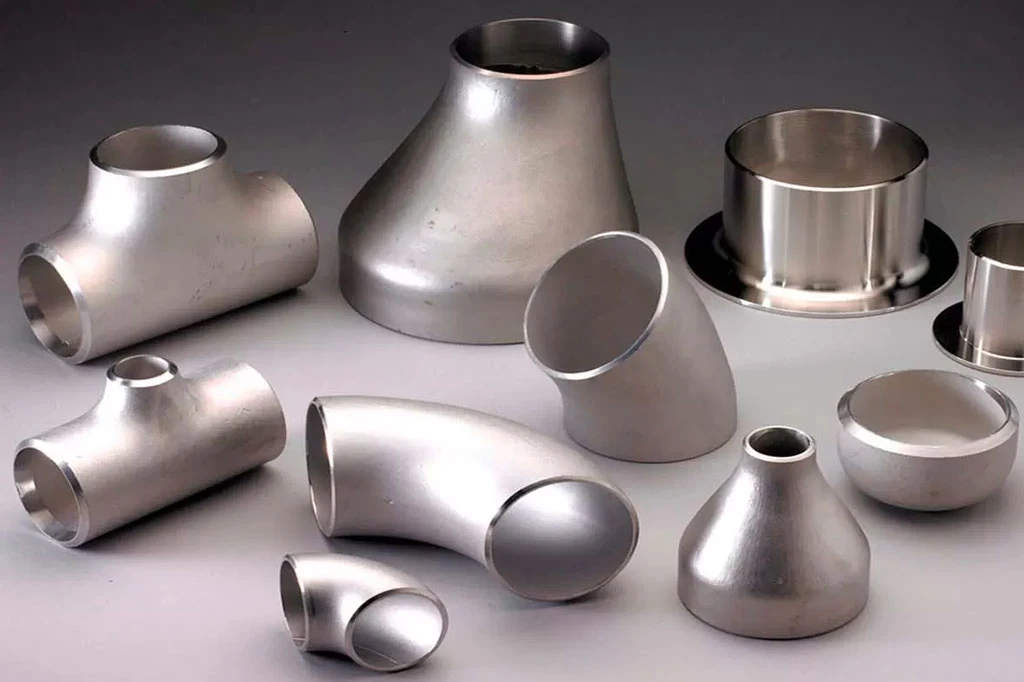
- Алюминий
- Хром
- Утюг
- Молибден
- Nickel (largest amounts)
- Other elements in small ratios
Pros and Cons of Nickel Alloys
Now, let’s move onto identifying the advantages and disadvantages of these nickel-based alloys. Knowing and understanding this is important because it allows you to know whether they’re a good fit for your business or not.
Advantages of Nickel-Based Alloys
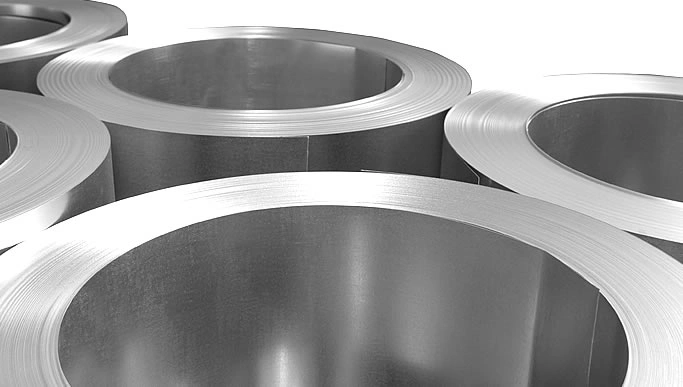
Nickel-based alloys offer several notable advantages that make them indispensable in various industrial applications. These advantages include:
Исключительная устойчивость к коррозии
Nickel-based alloys stand out for their ability to resist corrosion in extreme environments. These materials can withstand exposure to aggressive chemicals like strong acids, alkalis, and even seawater, making them indispensable in industries such as oil and gas.
Their resilience ensures a longer lifespan for components, reducing maintenance costs and downtime.
Advantageous Magnetic Characteristics
Certain nickel alloys, especially those with 72-83% nickel content, exhibit excellent magnetic characteristics. This makes them perfect for use in transformers, inductors, and magnetic shielding.
Their ability to maintain magnetic performance over time ensures consistent functionality in critical electrical and electronic components.
Read More: Комплексное руководство по штамповке металлов
Longevity and Cost Efficiency
Many businesses frown upon the high upfront costs of nickel alloys. Despite that, though, nickel alloys offer exceptional value by reducing the frequency of repairs and replacements.
Their durability and resistance to wear provide long-term savings, making them a smart choice for industries focused on reliability and cost-effectiveness. In the long-term game, nickel alloys work like magic, their performance improves over time.
Superior High-Temperature Performance
Known for their remarkable thermal stability, nickel alloys retain their strength even under intense heat. This property is essential for applications in aerospace and power generation, where materials must endure extreme temperatures without losing structural integrity.
This durability makes them a reliable choice for turbines, jet engines, and other high-performance systems.
Отличные механические свойства
Nickel alloys can withstand a lot of stress and deformation without breaking or cracking because of their high tensile strength and good ductility.
These characteristics make them perfect for demanding applications like the construction and automotive industries where strength and dependability are essential.
These are just some of the main and primary advantages of nickel alloys. There are more, of course, but like anything else, there are also cons and disadvantages. They include:
Disadvantages of Nickel-Based Alloys
Nickel alloys aren’t all rainbows and butterflies. On the other end of the rope, there are the cons and disadvantages of nickel alloys. Here they are so you know what you need to reconsider.
Higher Cost and Investment
One significant drawback of nickel alloys is their higher cost compared to materials that are more common. This stems from the scarcity of nickel and the complex processes involved in its production.
For industries on a tight budget and businesses that have smaller reach, the expense can be a limiting factor. However, it’s worth noting that this big investment is only at the beginning or during the capitalization procedure.
Over time, the costs aligned with nickel alloys are better, provide more value, and are more cost-effective and strategic compared to other materials.
Read More: What is Zero Tolerance Machining
Restricted Machinability
Another con or disadvantage is machinability. Because of their toughness and wear resistance, nickel alloys are difficult to machine. They’re typically hard and robust, less flexible than its counterparts.
They have a tendency to harden during machining, so handling them successfully calls for specific tools and methods. Production time and expenses may rise as a result.
Environmental Concerns
The extraction and processing of nickel ore pose environmental risks, including pollution of air and water. The EIF found a heavy instance of air and water pollution near nickel mines, which can contaminate and endanger life around it.
Industries using nickel alloys must account for these environmental challenges and adopt sustainable practices to mitigate their impact.
Welding Difficulties
And last but most definitely not least is the difficulty in welding. Due to the unique requirements of nickel alloys, welding them can be challenging.
Strong and long-lasting welds require a filler material whose chemical makeup matches that of the base metal. If not, the weld might fail, requiring expensive replacements or repairs.
Types of Nickel Alloys
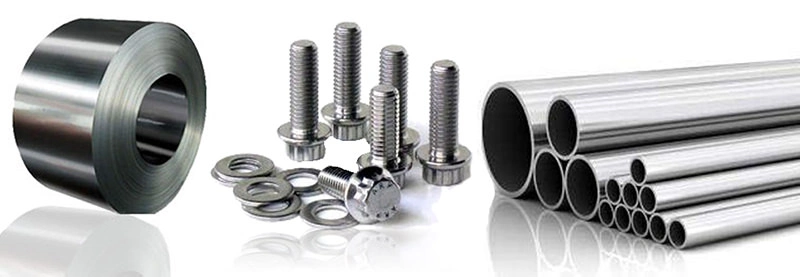
- Nickel-Copper Alloys (e.g., Monel): Known for excellent corrosion resistance in marine environments, these alloys are widely used in shipbuilding, chemical equipment, and valves.
- Nickel-Iron Alloys (e.g., Invar): These alloys exhibit minimal thermal expansion, making them ideal for precision instruments, such as clocks and scientific equipment.
- Nickel-Chromium Alloys (e.g., Inconel): Designed for high-temperature performance, they are often used in jet engines, gas turbines, and heat exchangers.
- Nickel-Molybdenum Alloys (e.g., Hastelloy): Resistant to aggressive chemicals and acids, these alloys find use in chemical processing and power plants.
- Nickel-Titanium Alloys (e.g., Nitinol): With unique shape-memory properties, these alloys are commonly used in medical devices like stents and dental braces.
- Nickel-Cobalt Alloys: Known for high strength and wear resistance, these are used in aerospace components and industrial tools.
Nickel Alloy Properties and Applications: What You Need To Know!
Nickel alloys are known for their exceptional performance even in critical and demanding environments. These versatile materials combine nickel with other elements, enhancing specific properties, making them indispensable across various industries.
Nickel Alloy Properties
Businesses and organizations champion nickel alloys because of their properties and characteristics. So, here are the properties nickel alloys have that make them stand out in the industry.
High-Level Toughness
The first property nickel alloys have is their high toughness level. Because of their exceptional toughness, nickel alloys can withstand fracture and absorb energy.
Because of this, you can use them in impact-resistant applications like structural elements and auto parts. In crucial applications where failure is not an option, their durability guarantees dependability.
Устойчивость к коррозии
Nickel alloys exhibit outstanding resistance to corrosion, even in harsh environments. This makes them ideal for applications exposed to seawater, chemicals, and high humidity.
Their ability to withstand oxidation ensures longevity and reduces maintenance costs. They’re pocket-friendlier because of their corrosion resistance levels.
Durability and Wear Resistance
In case you didn’t know, these alloys also possess excellent wear resistance, making them perfect for applications involving friction and abrasion.
Components like gears, bearings, and cutting tools benefit from the extended lifespan provided by nickel alloys. This reduces downtime and enhances overall efficiency in machinery.
Температурная устойчивость
At high temperatures, the strength and stability of many nickel alloys are retained. They won’t bend, break, or crack at temperatures where regular materials would.
This characteristic is essential for parts used in industrial furnaces, turbines, and engines. In high-heat applications, their ability to withstand thermal stress guarantees reliable performance and safety.
Обрабатываемость
And lastly, their machinability. Despite their strength, many nickel alloys can be machined and formed with relative ease.
This versatility allows for precise manufacturing of complex shapes and intricate designs. Industries such as aerospace and electronics rely on this property to produce high-quality, detailed components.
Although they’re not the best in machinability, you can still machine and process them to create a new material or product.
Applications of Nickel Alloys
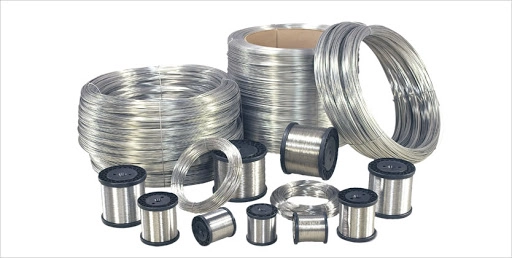
- Аэрокосмическая промышленность
- Nickel alloys are used for engine parts, turbines, and structures, ensuring safety under extreme conditions.
- Химическая обработка
- Nickel alloys build reactors and pipes, offering corrosion resistance for aggressive chemical environments.
- Медицинское оборудование
- Nitinol alloys are vital for implants, instruments, and braces due to their precision and biocompatibility.
- Marine Applications
- Nickel alloys resist corrosion, ensuring durability in ship hulls, platforms, and desalination systems.
- Автомобильный сектор
- Nickel alloys strengthen fuel tanks, exhausts, and suspensions, enhancing performance in high-stress conditions.
- Энергетический сектор
- Nickel alloys withstand heat and corrosion in power plants, reactors, and renewable energy systems.
Nickel Alloy vs. Stainless Steel: Which is Better?
When choosing between nickel alloy and stainless steel, it’s essential to consider their unique properties and uses. Both materials excel in specific applications, but their differences in strength, corrosion resistance, and thermal capabilities determine their suitability.
Особенность | Никелевый сплав | Нержавеющая сталь |
Устойчивость к коррозии | Exceptional in harsh environments and chemicals | Good, especially in mild and wet settings |
Прочность | Higher tensile and yield strength | Moderate strength but highly durable |
Термостойкость | Performs well at extreme temperatures | Effective at moderate heat levels |
Расходы | More expensive due to material composition | Generally more affordable |
Приложения | Aerospace, marine, and chemical industries | Construction, medical tools, and cookware |
As you can see, nickel alloys are ideal for demanding environments requiring strength and corrosion resistance. Stainless steel, on the other hand, balances affordability with versatility, making it popular for everyday applications.
Read More: Anodized Aluminum Colors
Does Nickel Alloy Rust?
Nickel alloys are highly resistant to rust due to their natural ability to withstand oxidation and corrosion. Unlike materials such as plain steel, which form rust when exposed to moisture and oxygen, nickel alloys maintain their structural integrity even in harsh environments.
However, while nickel alloys do not rust in the traditional sense, they can corrode under certain extreme conditions, such as exposure to highly acidic or chloride-rich environments.
ПРИМЕЧАНИЕ: Rusting and corroding are two different instances. Just because a material can corrode, doesn’t mean it can also rust. You need to make sure to know the difference between the two.
Rusting vs. Corroding
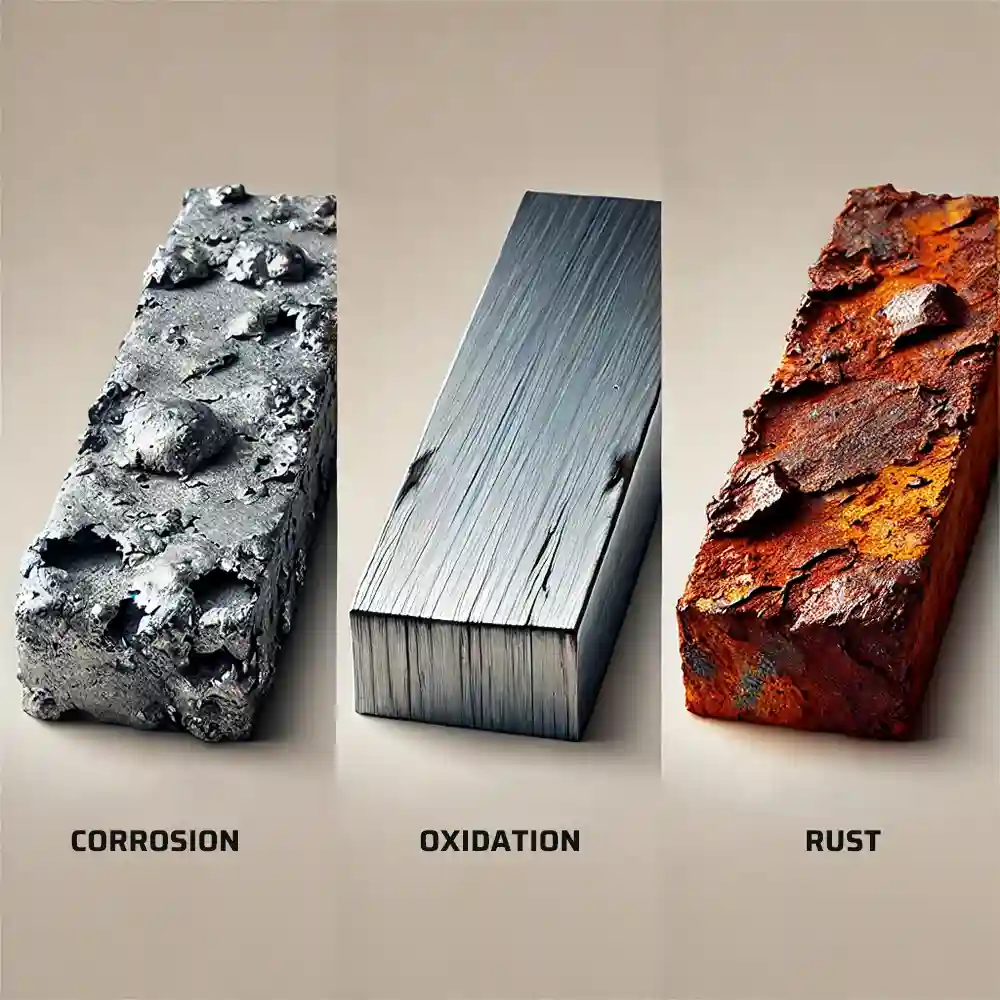
Rusting and corroding are related processes but differ in scope and materials affected.
Rusting specifically refers to the oxidation of iron or steel when exposed to moisture and oxygen, forming reddish-brown iron oxide. It only happens with metals containing iron and is highly visible, often leading to structural weakening over time.
Corroding, on the other hand, is a broader term that describes the gradual deterioration of any material—metal, concrete, or polymer—due to chemical or environmental factors. This process can include oxidation, but also other reactions such as those caused by acids or salts.
Is Nickel Alloy Food Safe?
Generally speaking, yes, you can keep and store food in nickel alloy, making it food-safe. As a matter of fact, many consider it as a crucial ingredient in the food supply chain because it doesn’t alter the composition and structure of the food.
The Nickel Institute considers nickel alloys food safe as it neither taints nor alters the color of food, it’s wear-resistant, corrosion resistant, and temperature-resistant.
Read More: What is Die Casting: Process, Applications, and Materials
Why Go With HDC For Nickel Alloys?
For over a decade, we here at HDC have been in the business of providing high-quality components and materials. This spans from the simplest of automotive and transportation industries to aerospace, medical, manufacturing, and many more!
Part of our most-sought after products are nickel alloys, but our business doesn’t just stop there. We’re also considered great manufacturers of пластиковые материалы, copper alloys, stainless steel products, и многое другое!
We’re armed with experts that span from material building and sourcing to creative structuring. Reach out to us today and we’ll be more than happy to send a free quotation over!
Узнайте больше из наших сообщений в блоге.
Недавние Посты
Узнайте больше о нашей продукции.
сопутствующие товары
Мгновенная цена!
